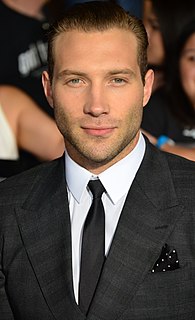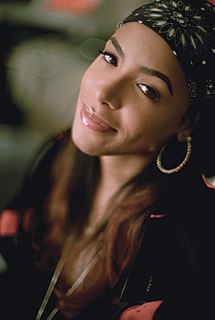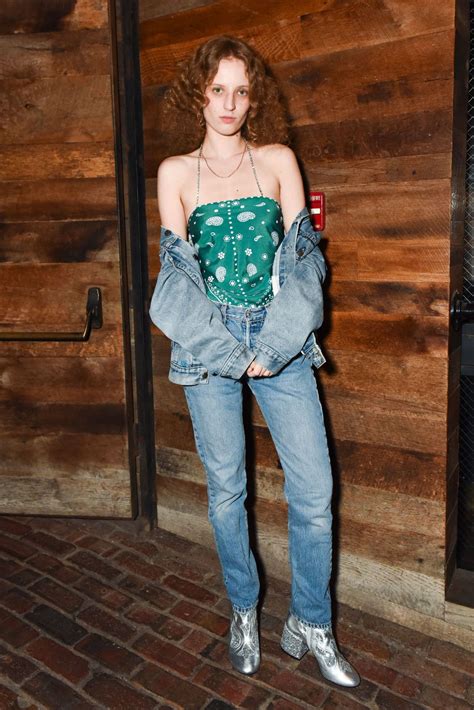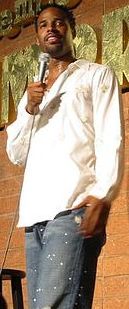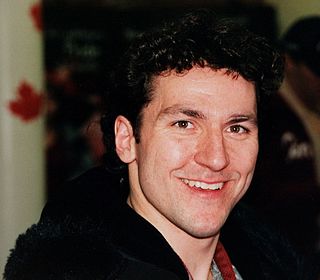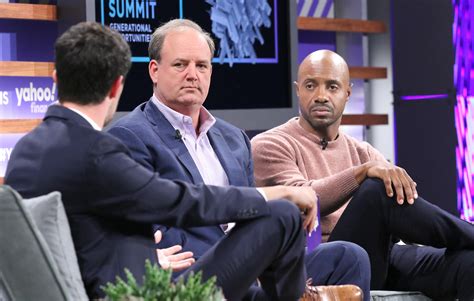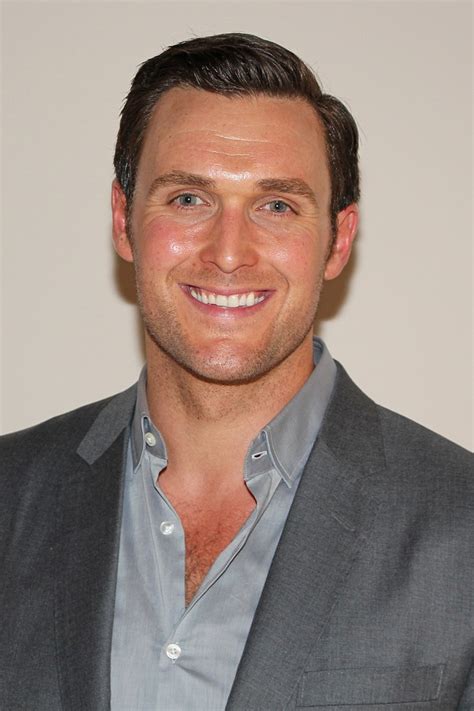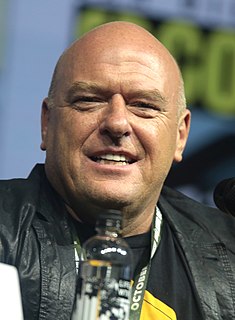A Quote by Jai Courtney
After 'A Good Day to Die Hard,' I had a bit of an identity crisis as far as where I wanted to place myself in the business. When it's all new and fresh, there is a lot of pressure to know what you represent, and I didn't really get that.
Related Quotes
I just went into the studio and did it all in one take. All I was thinking about was the next record; I had already sourced the tracks I wanted to use. I'd been thinking a lot about it and I wanted to represent myself, Leeds and fabric. I'm not very nationalistic, but I wanted to represent what was coming out of Britain as well as at the moment there's a lot of really good new music.
I didn't really have an identity crisis because I really, really knew who I always wanted to be But I definitely had a lot of problems with my body. I was very skinny, and I guess my body was sort of pre-pubescent, but when I grew hips and thighs, I just didn't know where I was in the world. It was weird.
I don't want to say I took myself too seriously, but I put a lot of pressure on myself coming out of school. I saw so many people leave the business behind, certain opportunities disappear for folks who had to go into other professions. That kind of terrified me. As a result, I wanted things to happen really quickly.
I didn't want to be an accountant; I found myself being a banker, which was a bit different. I went to university, and I was going to do a Ph.D. in the States, but I didn't get the funding for it, so I had two years where I had a bit of a wobble and didn't really know what I wanted to do, and I ended up working as a banker.
We need a new way of doing business to get out of the present crisis ... Absolute greed has come close to bankrupting the world. Thanks to the crisis that certain businesses have dumped on everyone a lot of people are going to suffer on a global scale. All of us must learn. It is all the more important that those business leaders that are left standing try to be a force for good.
I talked to people that I'd done theater with, older actors and stuff. There's a lot of people who go into the business, and they must think they're good, or they wouldn't be in it. Why do you think that you're good enough to go into the business and make money at it? So I really wanted to ask myself that question a lot. Because it was an important kind of thing that I was going to do. I really wanted to do it, I loved it, and I thought that I was good enough that I could make money at it. And that's really what it came down to.
